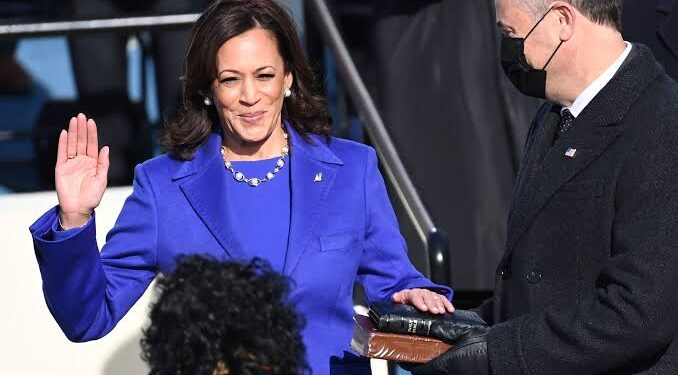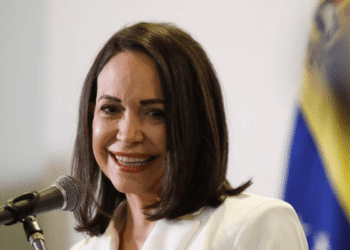As the 2024 U.S. Presidential Election draws closer, the political landscape is becoming increasingly complex. The race, initially expected to be a rematch between former President Donald Trump and President Joe Biden, took an unexpected turn when Biden withdrew after a lackluster debate performance. Vice President Kamala Harris has since taken his place as the Democratic nominee, setting up a historic and potentially transformative election.
Shifting Dynamics in American Politics
The upcoming election presents a significant shift in the political dynamics of the United States. Historically, the U.S political landscape has been dominated by male figures, often with conservative or traditional viewpoints. However, the 2024 election is seeing a growing trend toward more liberal and progressive values, largely embodied by Kamala Harris’s candidacy. Harris, as the first Black and South Asian woman to be nominated for the presidency by a major party, represents a break from the status quo and is energizing voters who seek more inclusive and forward-looking governance.
The Rise of Kamala Harris
Since taking over the Democratic campaign, Kamala Harris has steadily gained momentum. Recent polls indicate a growing enthusiasm for her candidacy among American voters. A striking 73% of Democratic registered voters expressed heightened excitement about the upcoming election after Harris entered the race. This contrasts with earlier sentiments where many voters who supported Biden did so mainly to oppose Trump. Now, 52% of Harris voters indicate they support her for who she is as a candidate, rather than simply to prevent Trump’s return to office.

This shift in voter motivation was highlighted by Aimee Allison, founder of She the People, a group focused on increasing the representation of women of color in politics. Allison noted, “We see it in this poll that people are more motivated about the future than the past. They see Kamala Harris as the future, and Republicans see this election as just about Trump. Voters are more likely to be engaged when given the option of ‘more than’ beating Trump.”
Polls and Electoral Landscape
The latest Reuters/Ipsos poll shows Harris leading Trump by a margin of 45% to 41% among registered voters. This 4-point lead marks an improvement from late July, when Harris only had a 1-point advantage. The poll, which has a margin of error of 2 percentage points, suggests that Harris is gaining ground, particularly among women and Hispanic voters.
However, the race remains close in key battleground states. In the seven states where the 2020 election was most competitive—Wisconsin, Pennsylvania, Georgia, Arizona, North Carolina, Michigan, and Nevada—Trump leads Harris by 45% to 43%. These states will be critical in determining the outcome of the election.
Republican strategist Matt Wolking, who worked on Trump’s 2020 campaign, acknowledges the challenges Trump faces against Harris. “It’s obvious that running against Harris is more challenging for Trump given the shift in these numbers, but it’s certainly not insurmountable,” Wolking said. He emphasized the need for Trump to remain focused in his campaign to avoid alienating voters who may be inclined to support him.
The Upcoming Presidential Debate
The upcoming presidential debate is poised to be a pivotal moment in the election. Both Harris and Trump have much to gain—and potentially lose—depending on their performance. For Trump, this debate offers a crucial opportunity to win over voters who may be hesitant to support him. However, he must do so without reinforcing the criticisms of his previous campaign, which was marred by accusations of misinformation.
For Harris, the debate is a chance to demonstrate her capability to lead independently of the Biden administration. While many of her policy proposals build on the existing administration’s platform, she must articulate a clear vision that resonates with the electorate. The challenge for Harris will be to show that she is not just a continuation of Biden’s presidency, but a leader with her own distinct approach to governance.
Conclusion: A Historic Election
The 2024 U.S. Presidential Election is shaping up to be one of the most consequential in recent history. It not only pits two vastly different candidates against each other but also represents a broader struggle between the old and the new, between traditional conservative values and a more progressive vision for America. The enthusiasm for Harris’s candidacy, particularly as the first woman of color to potentially hold the highest office, raises important questions about the future of American politics. Is this election about a change in government, or is it about changing the face of leadership? As voters head to the polls in November, the answer to this question will shape the direction of the United States for years to come.
















